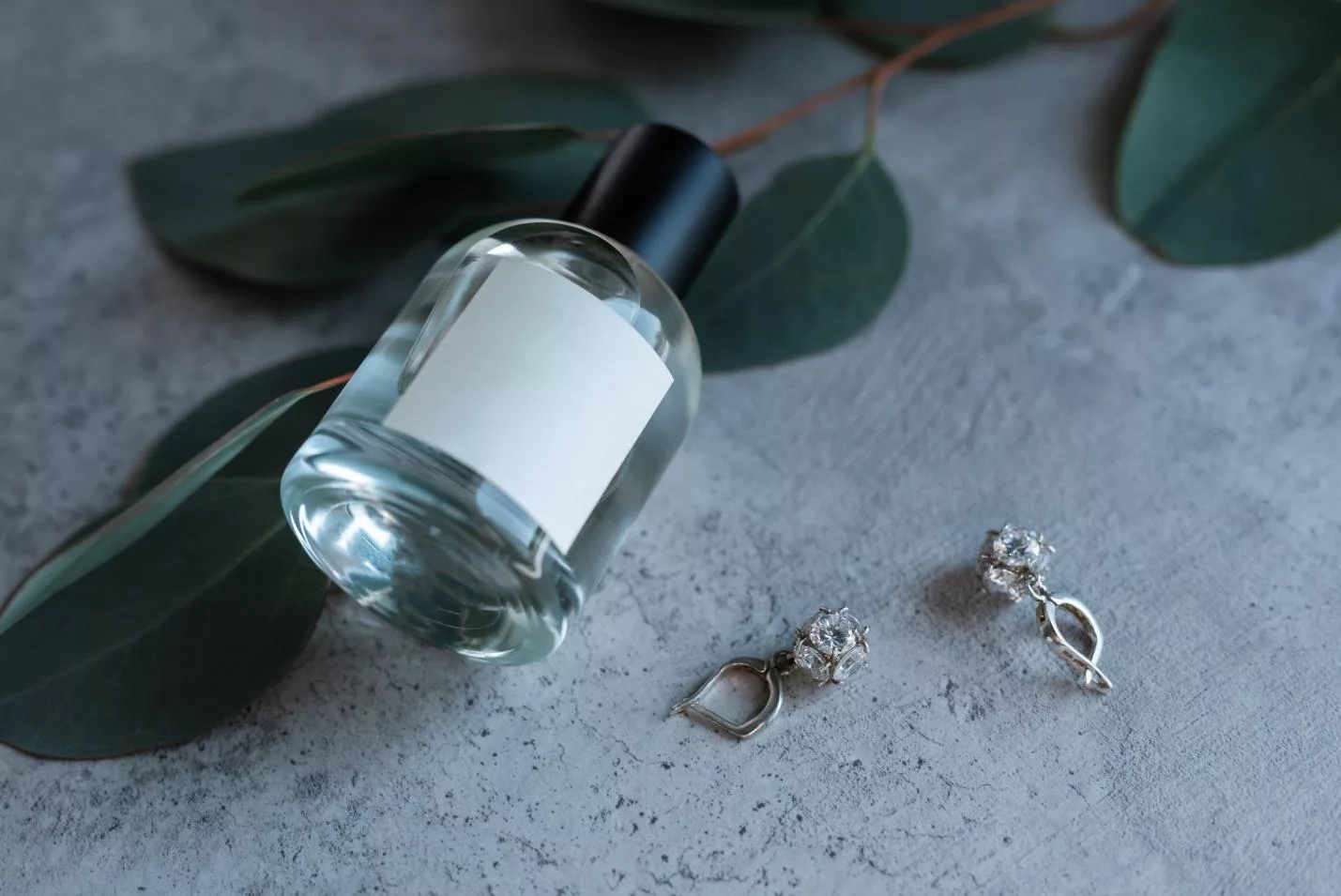Perfumes and scents have long played a pivotal role in human history. Ancient civilizations, including the Egyptians, Greeks, and Romans, used fragrances not just for personal adornment but also in rituals, medicine, and daily life.
Fast forward through the Middle Ages, the Renaissance, and into modern times, perfumery has become an art form, a status symbol, and a billion-dollar industry. It isn’t just about the pleasant smells; perfumes are a journey through time, reflecting cultural trends, scientific advancements, and human creativity.
Chemistry Behind the Bottle
While the allure of perfumes and dupes for perfumes lies in their ethereal fragrances, the science behind them is grounded in chemistry. Essential oils, often the core of any fragrance, are complex compounds extracted from plants. These volatile compounds give plants their unique scents, and when harnessed by humans, they become the foundation for many of our favorite fragrances.
There’s also the art of blending. A typical perfume has a blend of top notes (the first scent perceived after application), middle or heart notes (forming the core of the fragrance), and base notes (lasting the longest). Creating a balanced composition that evolves yet remains pleasant is a dance of molecules that can take years to perfect.
The Olfactory Palette
The materials available to a perfumer, often referred to as the ‘palette’, are vast and varied. They range from natural ingredients like rose petals, sandalwood, and jasmine to synthetic molecules that can mimic or even create novel scents. The choice of materials determines the character, longevity, and signature of the perfume.
The beauty of this palette is its limitless potential. Want a perfume that evokes a rainy day? There’s a scent for that. How about the smell of old books or a fresh ocean breeze? The right combination of ingredients can create it.
The Nose Knows
Behind every iconic fragrance is a ‘nose’ – the colloquial term for a perfumer. This artist, using their olfactory skills, combines the science and art of fragrance creation. Their work is akin to that of a musician or a painter; it’s intuitive, and often, the results are open to interpretation.
Some noses are celebrated in the industry, almost as celebrities. They’ve been behind legendary scents that have stood the test of time. However, every nose has one thing in common: an impeccable and trained sense of smell. It’s this ability to discern, remember, and combine scents that make them unique.
Signature Scents and Personalities
Perfumes have evolved into an expression of identity. Just as one might have a favorite color or song that speaks to their soul, many have a ‘signature scent’ – a fragrance they feel represents who they are. This personal connection to fragrance isn’t arbitrary. Scents can evoke memories, stir emotions, and even influence mood.
The industry has capitalized on this emotional connection. Marketing campaigns often tie fragrances to certain personas or fantasies. Whether it’s the allure of adventure, romance, or luxury, there’s a scent that promises to encapsulate it.
Sustainability and Ethical Concerns
As with many industries in the 21st century, the world of perfumery is undergoing a transformation to address sustainability and ethical concerns. Over-harvesting of certain plants for essential oils has threatened species and ecosystems. The use of animal-derived ingredients, such as musk or ambergris, has also raised ethical dilemmas.
In response, many brands are turning to sustainable sourcing, lab-grown ingredients, and synthetic alternatives that don’t compromise on quality but ensure ethical practices. This shift not only safeguards our planet and its inhabitants but also ensures the longevity of the art of perfumery itself.
Conclusion
The world of scents and perfumes is as complex and varied as the human experience itself. With a history that spans millennia, the intersection of science, art, and emotion in this industry is unparalleled. As we apply that spritz of perfume, we aren’t just wearing a fragrance; we’re wearing history, culture, art, and a bit of our soul. Embracing the aromatic lifestyle is about understanding this deep connection and savoring every note of it.




